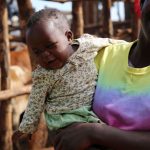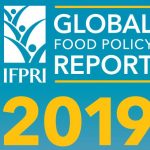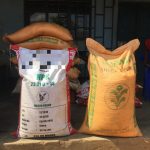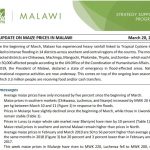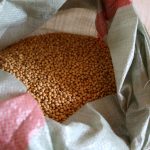While fertility in Sub-Saharan Africa has declined in recent decades, the region continues to have one of the highest fertility rates in the world, with an average total fertility rate of 4.9 children per woman as compared to South Asia (2.7 children per woman) and Latin America (2.2 children per woman). There are several reasons […]
Launch event: 2019 Global Food Policy Report
On March 27, IFPRI will launch its 2019 Global Food Policy Report, which highlights the urgency of rural revitalization to address the crisis in rural areas. The launch event in Washington, DC will include keynote addresses by Shenggen Fan, Director General, IFPRI and Achim Steiner, Administrator, United Nations Development Programme (video message) and a number […]
Op-ed: Is a universal fertilizer subsidy a good idea?
In recent weeks, there has been much debate about the possible introduction of a universal fertilizer subsidy (UFS) in Malawi. However, several basic questions about the likely costs and distributional consequences of a move to a UFS remain unanswered. This op-ed aims to provide partial answers to these questions. First, what is the likely cost […]
Update on Maize Prices in Malawi
Since the beginning of March, Malawi has experienced heavy rainfall linked to Tropical Cyclone Idai, which has led to intense flooding in 14 districts across southern and central regions of the country. The most severely impacted districts are Chikwawa, Machinga, Mangochi, Phalombe, Thyolo, and Zomba─ which each have more than 50,000 affected people according to […]
AJARE Best Paper Award: Measuring Post-harvest Losses at the Farm Level in Malawi
IFPRI Malawi congratulates Kate Ambler, Alan de Brauw, and Susan Godlonton, who received the 2018 AAERS-Wiley Blackwell Australian Journal of Agricultural and Resource Economics Award for their paper, "Measuring Post-harvest Losses at the Farm Level in Malawi." The award was presented during the 63rd Annual AARES Conference in Melbourne, Australia. About the study Reducing food […]
- « Previous Page
- 1
- …
- 33
- 34
- 35
- 36
- 37
- …
- 46
- Next Page »
